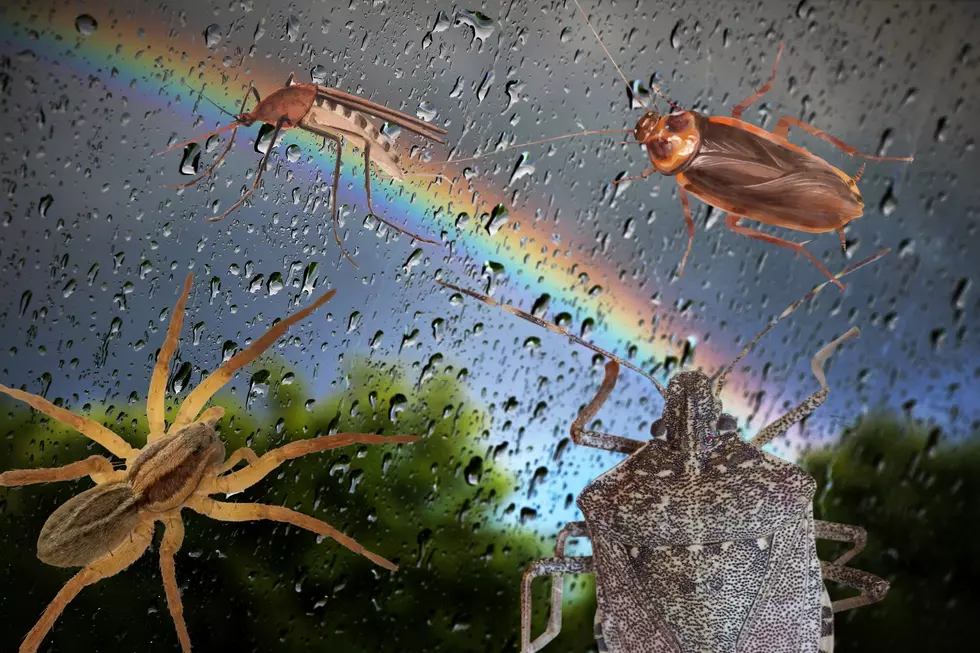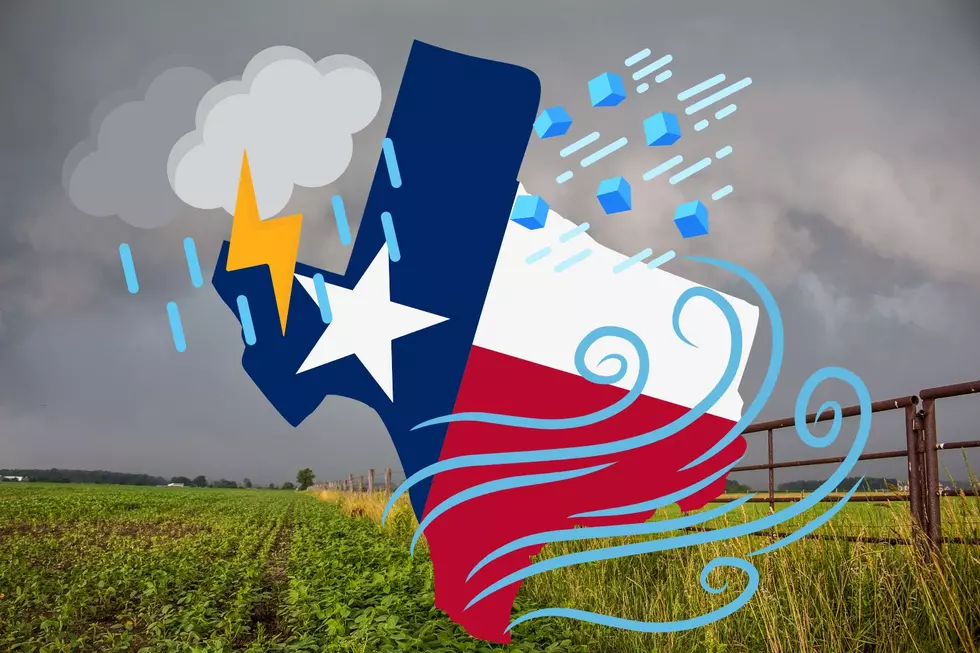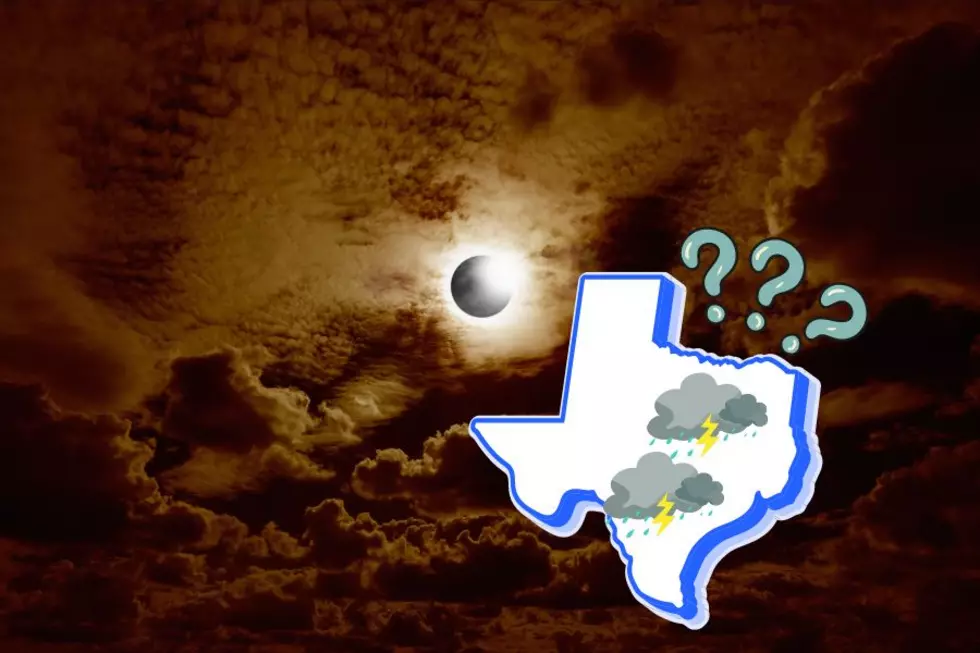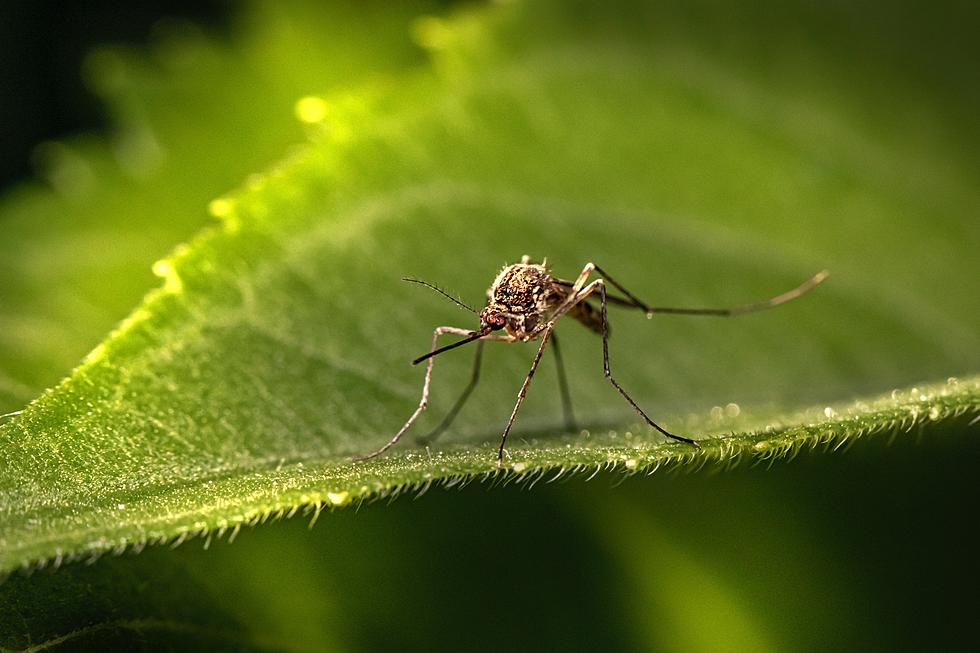
Lubbock Will Soon Have a Giant Mosquito Problem

The recent rain we've had in Lubbock has been really nice. My yard looks great and the water bill is being kept low. For months our area has been in a drought, and the recent rains have helped counter that. Oh, and another benefit? Lake Alan Henry is full again.
Yes, the recent thunderstorms have been great for Lubbock and the surrounding areas, but soon we'll pay the price. Temperatures are on the rise, and standing water seems to be everywhere from alleyways to playa lakes. And that means mosquitos are coming.
There are things you can do to help prevent massive numbers of mosquitos in your yard. First, mow your yard. Be sure to clean out anything that could hold water. That means gutters, trash cans, water bowls and bird baths. Make sure that fountains are working and not just letting water sit around. Stagnant water becomes breading grounds for annoying mosquitos.
The City of Lubbock will be doing their part as well by spraying problem areas. But with the city growing, it may take some time for your area to be sprayed.
Did you know that the City of Lubbock normally sees 27 different mosquito species? From the City:
At least 27 mosquito species are found in Lubbock and the surrounding area, and are seasonal in their activity. Some of these species are potential transmitters (vectors) of human and animal disease-causing pathogens. The main mosquito-borne disease threats known to occur in this area are West Nile virus (WNV) and St. Louis Encephalitis (SLEV). The primary focus of vector control is the surveillance and control of these seasonal threats to public health. Source reduction, such as treatment of standing water within the extensive playa lake system, and community education are the primary means for disease prevention and vector control in the community.
The City of Lubbock's Vector Control has a hotline that you can use to report a mosquito outbreak. That number is 806-775-3110.
So get ready, Lubbock. While we enjoyed the rain, warmer temperatures and mosquito hotspots are coming.
LOOK: Here Are 30 Foods That Are Poisonous to Dogs
More From News/Talk 95.1 & 790 KFYO









